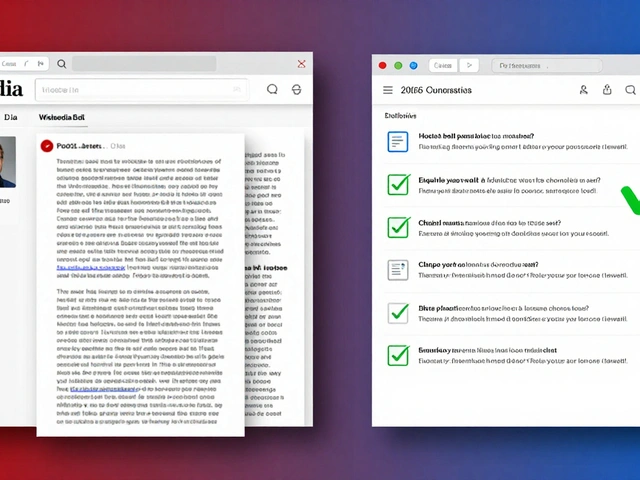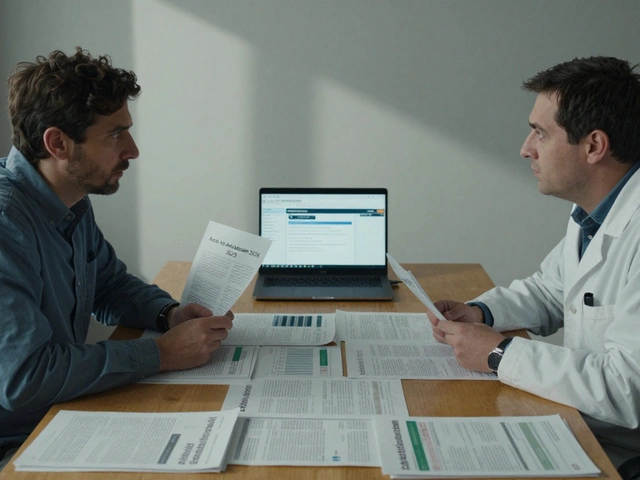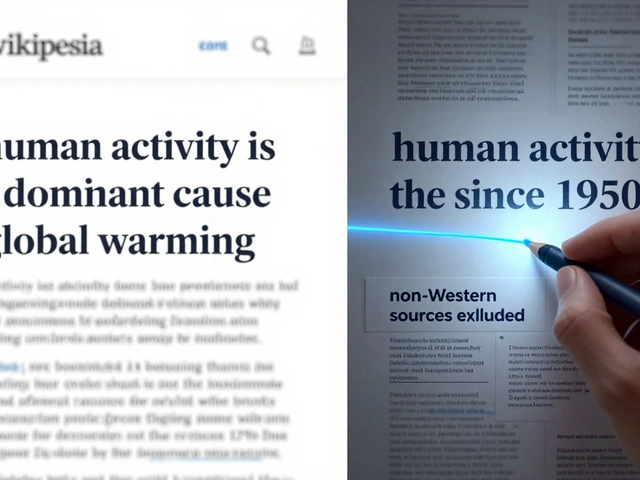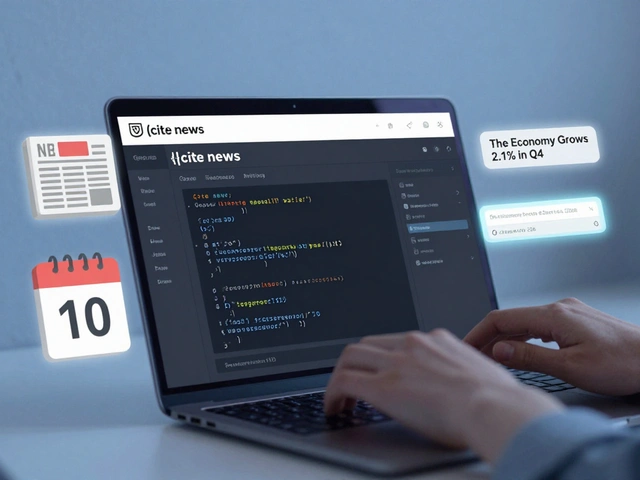Wikipedia backlog: What it is, why it matters, and how editors tackle it
When you think of Wikipedia, you probably picture a clean, up-to-date article. But behind every polished page is a Wikipedia backlog, the collection of unfinished edits, unresolved disputes, and pending maintenance tasks that volunteer editors must sort through to keep the encyclopedia running. Also known as edit backlog, it’s the invisible engine that keeps Wikipedia accurate — and it’s always growing. This isn’t just a list of to-dos. It’s a living system of tasks that range from fixing broken links and updating outdated stats to resolving edit wars and restoring deleted content after copyright claims. Without people actively trimming this backlog, Wikipedia would slowly rot — full of half-correct facts, broken citations, and stale information.
The Wikipedia backlog, the collection of unfinished edits, unresolved disputes, and pending maintenance tasks that volunteer editors must sort through to keep the encyclopedia running. Also known as edit backlog, it’s the invisible engine that keeps Wikipedia accurate — and it’s always growing. This isn’t just a list of to-dos. It’s a living system of tasks that range from fixing broken links and updating outdated stats to resolving edit wars and restoring deleted content after copyright claims. Without people actively trimming this backlog, Wikipedia would slowly rot — full of half-correct facts, broken citations, and stale information.
Most of the backlog lives in the shadows — on talk pages, in watchlists, and inside WikiProjects that focus on cleanup. The Wikipedia watchlist, a tool that lets editors track changes to specific articles they care about is one of the main ways volunteers spot problems before they spread. WikiProjects, volunteer-led groups that focus on improving content in specific areas like medicine, history, or film often organize backlog drives, where dozens of editors tackle a single type of task — like adding citations to articles without them, or updating birth/death dates after new obituaries are published. These aren’t glamorous jobs. But they’re the reason Wikipedia stays trustworthy when AI tools spit out confident-sounding nonsense.
Some backlogs are technical — like the pile of unreverted vandalism that slips through automated filters. Others are policy-based — like articles stuck in debate because editors can’t agree on due weight, the rule that says Wikipedia must reflect the real balance of evidence from reliable sources, not just popularity. Then there’s the growing backlog of requests to remove content due to copyright claims — a problem that’s getting worse as more institutions try to control how their information is used. And don’t forget the backlog of articles that need better sourcing, especially for underrepresented communities. The Wikipedia task forces, volunteer groups focused on fixing systemic bias by adding missing voices and correcting harmful language are slowly chipping away at this, but there’s always more to do.
What’s surprising is how little of this gets talked about publicly. Most people don’t realize that Wikipedia’s reliability comes not from automation, but from thousands of people quietly fixing small errors every day. The Wikipedia Signpost, the community-run newspaper that reports on internal decisions, policy changes, and editing trends often covers backlog-related debates — like whether to keep a poorly sourced article or how to handle a flood of copyright takedowns. These aren’t headlines. But they’re the heartbeat of the project.
If you’ve ever edited Wikipedia — even once — you’ve contributed to the backlog. Maybe you fixed a typo. Maybe you added a source. Maybe you flagged a problem on a talk page. Those actions matter. The backlog doesn’t care who you are or how much time you have. It just needs people willing to show up, even for the small stuff. Below, you’ll find real stories from editors who’ve tackled these challenges: how they track problems, what tools they use, and why some backlogs never fully disappear — and that’s okay.
Wikipedia Editing Challenges and Backlog Drives This Month
Wikipedia's editing backlog has hit record levels, with over 300,000 unreviewed edits. Volunteer editors are overwhelmed as new contributors face steep barriers and outdated tools. Here's why the system is straining-and how you can help.
Wikipedia Guild of Copy Editors November 2025 Backlog Drive: How Volunteers Are Clearing Thousands of Articles
In November 2025, thousands of Wikipedia volunteers are working to clear over 12,000 articles stuck in the copy editing backlog. Learn how this quiet effort keeps Wikipedia clear, accurate, and readable for millions.






